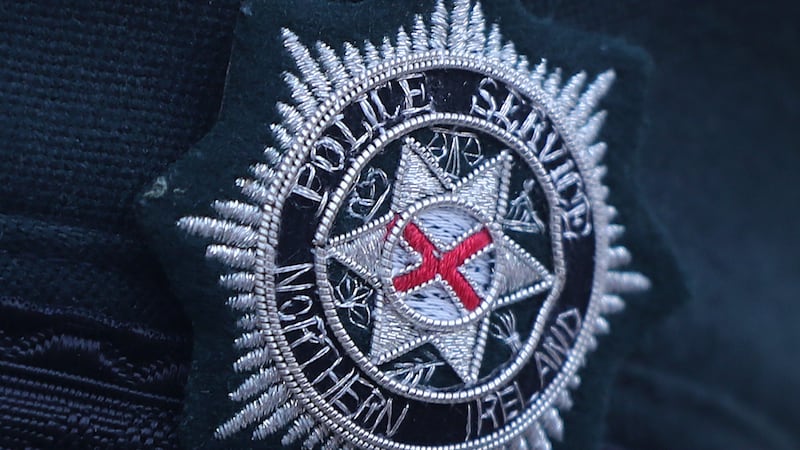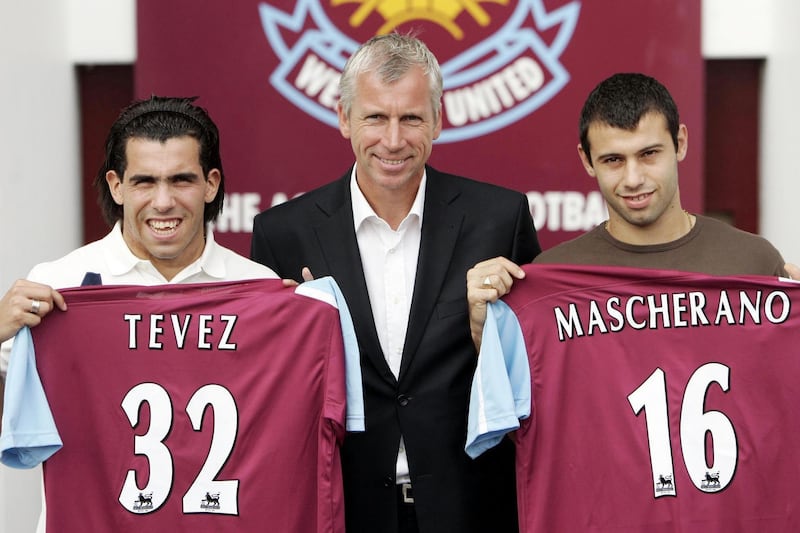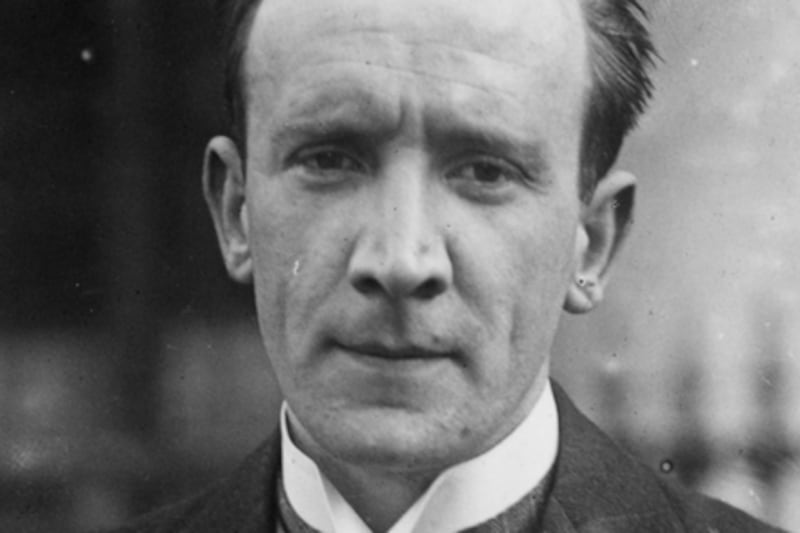November 4 1973
AFTER the evidence of the past week, during which death in horrible form was dealt out to civilian Catholics, and massive bombs were exploded in the Falls area of Belfast, those who continue to preach peace in the name of Christianity and counsel against violence in the name of humanity must wonder why, in the face of continuing evidence, Mr Whitelaw [William, British Secretary of State for Northern Ireland] and his military advisors at Lisburn still shrink from all-out action against those groups on the loyalist side who deal out death and violence against the Catholic community.
Are present tactics against them truly meaningful? Has there been any real analysis of the reasons why these sectarian killers and bombers are able to move around Belfast with such facility and remain undetected?
It could well be something of a miracle if there is not now a carry-over in everybody’s mind, but especially in the minority community’s, that what we continue to suffer is the result either of military complacency or too great a preoccupation with minority areas and on the rounding up of innocent men and youths to help swell the numbers at Long Kesh. At the last count there were well over six hundred from the Catholic side and about forty from the loyalist side.

A meaningful life is now impossible to live in a city like Belfast. For safety’s sake, only flight into ghetto areas, or from the city itself, gives any hope of protection from sectarian killers and car bombers.
Pleas for peace and reconciliation have magnificent potential, but when registered in our present plight, they are dying on their utterance.
The terror deaths persist; and no matter how Mr Whitelaw may exalt the special measures which we have been told continue to be taken to counteract terrorism, these sinister elements in the loyalist community continue to find scope, as well as justification, for their sectarian killings. Any innocent Catholic man’s life is expendable for perverted religio-political reasons.
Mr Paddy Devlin of the SDLP has already taken up these latest horrors with Mr Whitelaw and the consequences bear heavily on the shoulders of Mr Heath’s representative. It is time, surely, for him to withdraw from the contemplation of his hopes for the Assembly and deal, instead, with a desperate situation.

Unless something is done soon to halt these elements, the prevailing mood of deep uncertainty for the future will increase. Many in the Catholic community are in despair and would wish, if it were possible, to withdraw into a happier place. This despair is assailing many young people who must now feel that there is no future for a peaceful happy life in this corner of Ireland. Who can blame them if they seek flight from it with all speed?
The Unionists in the Assembly, while carrying on their controversies on matters which should be easily resolvable, might profitably address themselves to loyalist violence. They have been eager enough to condemn violence “on the other side”. From their side is now coming mounting evidence of guns and bombs, of the ability to wage large-scale violence.
The words “violence” and “terrorist” have been fighting words with Unionist politicians over the past couple of years. It is time they showed enough courage to face up to the existence of these loyalist terrorists and denounced their fell deeds. Who is to say what limits there are to their madness?
The Unionist task should be to promote the triumph of reason over madness. Are they courageous enough to speak out in the hope that they may be heard?
A hard-hitting and despairing Irish News editorial on sectarian attacks by loyalists and the uneven-handed approach adopted by the British government and army in tackling paramilitarism.








